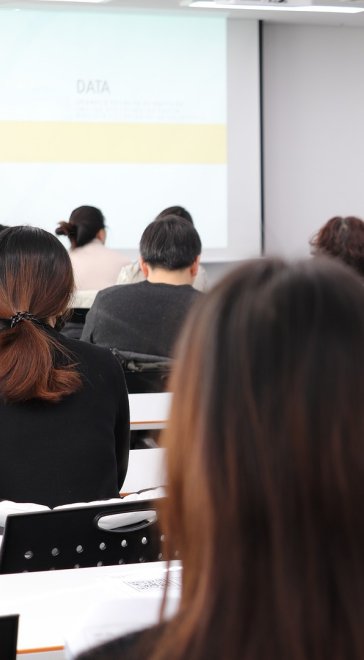Efficient Computation through Tuned Approximation
Numerical software is being reinvented to provide opportunities to tune dynamically the accuracy of computation to the requirements of the application, resulting in savings of memory, time, and energy. Floating point computation in science and engineering has a history of “oversolving” relative to expectations for many models. So often are real datatypes defaulted to double precision that GPUs did not gain wide acceptance until they provided in hardware operations not required in their original domain of graphics. However, computational science is now reverting to employ lower precision arithmetic where possible. Many matrix operations considered at a blockwise level allow for lower precision and many blocks can be approximated with low rank near equivalents. This leads to smaller memory footprint, which implies higher residency on memory hierarchies, leading in turn to less time and energy spent on data copying, which may even dwarf the savings from fewer and cheaper flops. We provide examples from several application domains, including a look at entries that earned Gordon Bell Prize finalist status in 2022 and 2023.
Contatti:
alfio.quarteroni@polimi.it
paola.antonietti@polimi.it
David Keyes directs the Extreme Computing Research Center at the King Abdullah University of Science and Technology (KAUST), where he was a founding Dean in 2009 and currently serves in the Office of the President as Senior Associate. He is a professor in the programs of Applied Mathematics, Computer Science, and Mechanical Engineering. He is also an Adjunct Professor of Applied Mathematics and Applied Physics at Columbia University, where he formerly held the Fu Foundation Chair. He works at the interface between parallel computing and PDEs and statistics, with a focus on scalable algorithms that exploit data sparsity. Before joining KAUST, Keyes led multi-institutional scalable solver software projects in the SciDAC and ASCI programs of the US Department of Energy (DoE), ran university collaboration programs at US DoE and NASA institutes, and taught at Columbia, Old Dominion, and Yale Universities. He is a Fellow of SIAM, the AMS, and the AAAS. He has been awarded the Gordon Bell Prize from the ACM, the Sidney Fernbach Award from the IEEE Computer Society, and the SIAM Prize for Distinguished Service to the Profession. He earned a B.S.E. in Aerospace and Mechanical Sciences from Princeton in 1978 and a Ph.D. in Applied Mathematics from Harvard in 1984.

